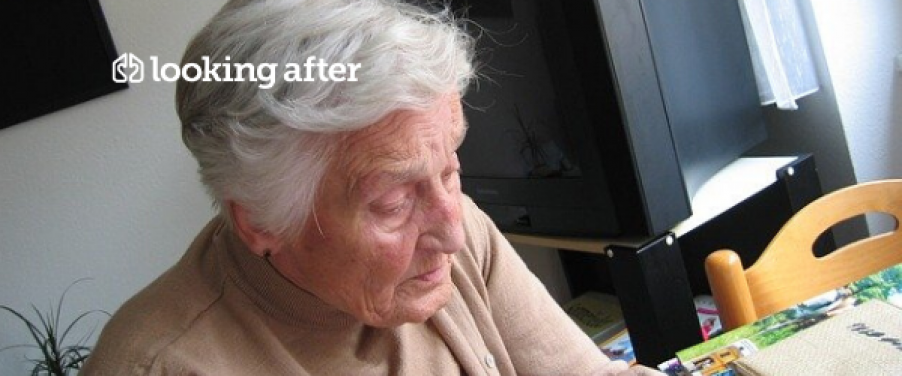Keeping a dementia patient social
Living with dementia puts a strain on the person in dementia care, and friends and family that may be looking after loved one. Deteriorating cognitive and physical abilities bring with them another unwelcome guest – loneliness. Dementia sufferers are often isolated or isolate themselves from social situations and group activities. Though their physical needs may be met, staying active and social can have a tremendous impact on the quality of life. Read on to find out some interesting facts about dementia social engagement and how you can help your loved one stay socially engaged and included.
Why is this important? Science behind dementia and social isolation
According to a study published in Journal of Biomedical Science, the number of people with Alzheimer’s, a form of dementia, will rise significantly in the next 30 years. Currently, there is no medication that can prevent or reverse the progression of dementia, however, there is strong evidence showing link between dementia and exclusion. According to researchers, people who are lonely, are at a higher risk of developing dementia, than those who remain socially active. Another study reports that regular face to face and telephone contact are the most effective forms of communication to help you retain cognitive function. It is estimated that around 34% of older people in general experience loneliness to varying degrees, which increases amongst elders who have developed dementia. These statistics highlight the importance of combating loneliness, especially as it can reap so many benefits for the person’s health.
Preventing or slowing down dementia through social engagement
The good news are, these studies show just how powerful something simple like social engagement can be. Whether you or your loved one have dementia or not, regular social activities and maintaining close relationships with friends and family may prevent or slow down the progression of disease. While dementia is more common in older people, it isn’t a normal part of aging. Loneliness has been shown to be more prevalent in elders, emphasising a crucial factor to consider in maintaining one’s cognitive health in the later stages of life.
Adjustments to improve dementia engagement
As loneliness becomes more prevalent in older people, it can increase even more with the onset of dementia. With the progression of disease, it becomes harder for people to communicate effectively and maintain or create new relationships. Certain environments become tricky to navigate, often leading to the person isolating themselves. It’s important to remember that, while their physical needs might be met, they need help maintaining their social lives too. Consider what the person used to enjoy and try to find a way they can still participate in their favourite activities. Regular group classes could be a great place to start, and where they can make new friends and socialise with others their age. Some tasks they may have done prior to the onset of dementia become tricky, so make necessary adjustments and focus on enjoying the process, instead of completing everything in full. To make social activities easier for dementia patients, avoid big crowds and noisy environments, and keep activities both stimulating and relaxing so they feel challenged enough to engage, without feeling discouraged or bored. Don’t rush them and allow them to take their time, and enjoy the activity at their own pace.
Don’t let dementia define them
When looking after loved one in dementia care, it’s important to remind them, they are still the same person they were before the disease. It can be difficult to take care of them at times, due to behavioural changes and extra support they require, however, this is also an opportunity for you to spend quality time together. Make your loved one feel important by involving them in simple tasks, such as folding the washing, helping out with food preparation and more. Enjoyable activities include art workshops, walking groups, going out for a coffee and many others, depending on the person’s preference and abilities. Family and friends should be encouraged to get involved and enjoy spending precious time with their loved one, stimulating a positive experience for the person in dementia care and those close to them.
If you are looking for care support for your loved one, take a look at our free care finding service, which is aimed at taking the stress out of the care finding process.







